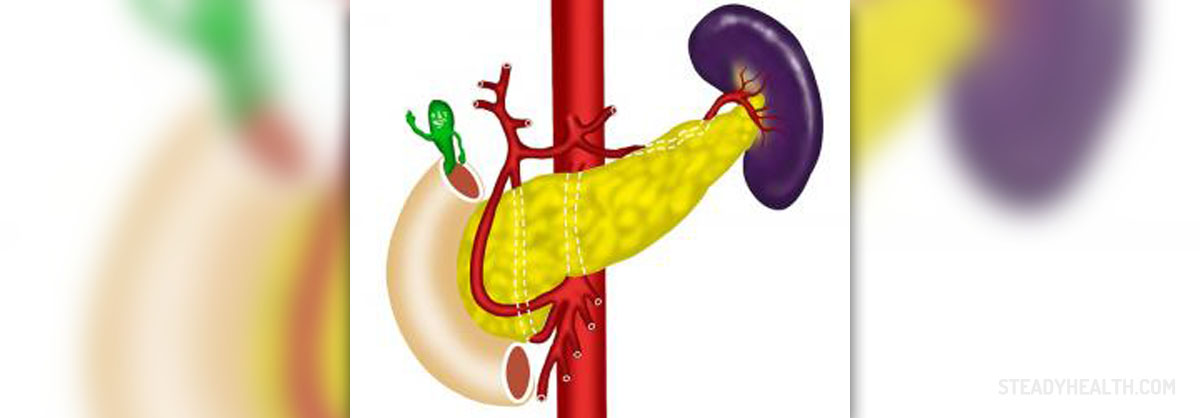
Introduction
Duodenum is a part of the small intestines. Normally this organ does not hurt unless it is damaged. The damage of duodenum is most commonly caused by ulcers. Duodenal ulcers are sores caused by the stomach acid. Namely, the stomach is located between esophagus and duodenum. The mucous membrane of duodenum cannot defense itself properly from the harmful influence of stomach acid and this is why these sores occur. There are numerous causes of hyperacidity and this is why there are several treatment modalities which can both help in ulcer healing and prevent additional stomach acid from entering duodenum. Once the treatment has started, the patient will not experience pain in duodenum any more.
Causes of Duodenal Ulcers
Duodenum is actually the most common location of ulcers. Hyperacidity and the entrance of the stomach acid into the duodenum is the leading cause of duodenal ulcers. Additionally, like gastric ulcers even duodenal ulcers can be caused by Helicobacter pylori, a bacterium which leads to ulcers' formation. In certain cases, medications such as Aspirin or anti-inflammatory medications can affect the natural protection of duodenum against stomach acid and lead to duodenal ulcers. Smokers and heavy drinkers are also prone to duodenal ulcers.
Symptoms and Diagnosis of Duodenal Ulcers
The pain in upper middle abdomen is typical for duodenal ulcers. The pain can be alleviated by food consumption and this is why people who are suffering from duodenal ulcers tend to eat more and frequently. The pain is most intensive during sleep since then the stomach is empty and the stomach acid easily irritate duodenum. Additional symptoms include bloating, belching, and sometimes nausea.
In neglected cases duodenal ulcers can perforate or start bleeding. These two complications are severe and sometimes life-threatening.
Duodenal ulcers can be easily diagnosed by endoscopic examination of stomach and duodenum. Additional testing to Helicobacter pylori can provide with information whether the infection is present or not and, is there a need for patient to be treated with antibiotics or he/she will be given only medications that will fight against hyperacidity.
Treatment of Duodenal Ulcers and Relief from Pain
Patients who are suffering from duodenal ulcers will experience immediate relief from pain if they take any of the antacids. These medications neutralize stomach acid. Duodenal ulcers are also successfully treated with inhibitors of proton pump and H2 blockers. Diet that does not contain hot and spicy food is always recommended. Reduction of alcohol consumption and cut in cigarettes will also help with the pain. Severe and prolonged pain in duodenum even in case that medications are taken can point to some of the possible complications such as bleeding of perforation and in this case a patient should go to the doctor as soon as possible.


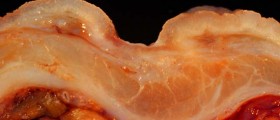

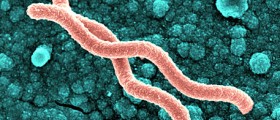
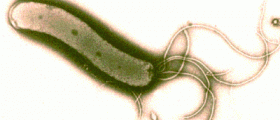




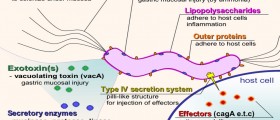






Your thoughts on this
Loading...